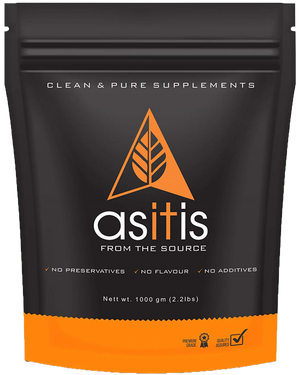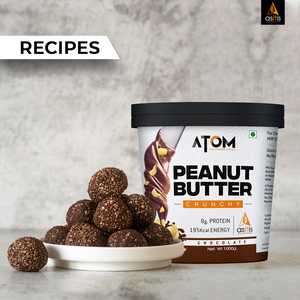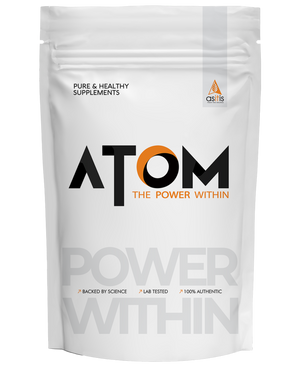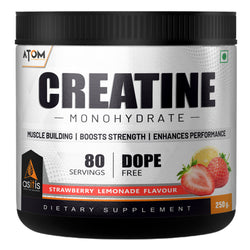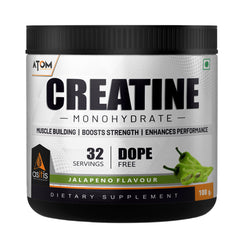Creatine Monohydrate
Creatine Monohydrate is one of the well-researched sports nutrition supplements on the market. This organic compound is directly related to energy production and performance and, therefore stands out as an essential supplement for athletes, bodybuilders, and fitness enthusiasts
AS-IT-IS Creatine Monohydrate Po...
CREATINE MONOHYDRATE POWDER 100% PURE, MICRONIZED, UNFLAVOURED: AS-IT-IS Creatine Monohydrate is unflavoured, pure, vegetarian and is formulated...
View full detailsATOM Creatine Monohydrate | Dope...
Best Creatine Monohydrate 100% MICRONIZED / DOPE-FREE: Creatine Monohydrate is one of the most popular and well-researched sports supplements on t...
View full detailsAS-IT-IS Creapure - Creatine Mon...
Creapure DON'T SETTLE FOR LESS: This product is made with 100% Creapure®, manufactured in Germany under strict GMP conditions, and verified for ...
View full detailsCreatine Monohydrate is one of the well-researched sports nutrition supplements on the market. This organic compound is directly related to energy production and performance and, therefore stands out as an essential supplement for athletes, bodybuilders, and fitness enthusiasts

